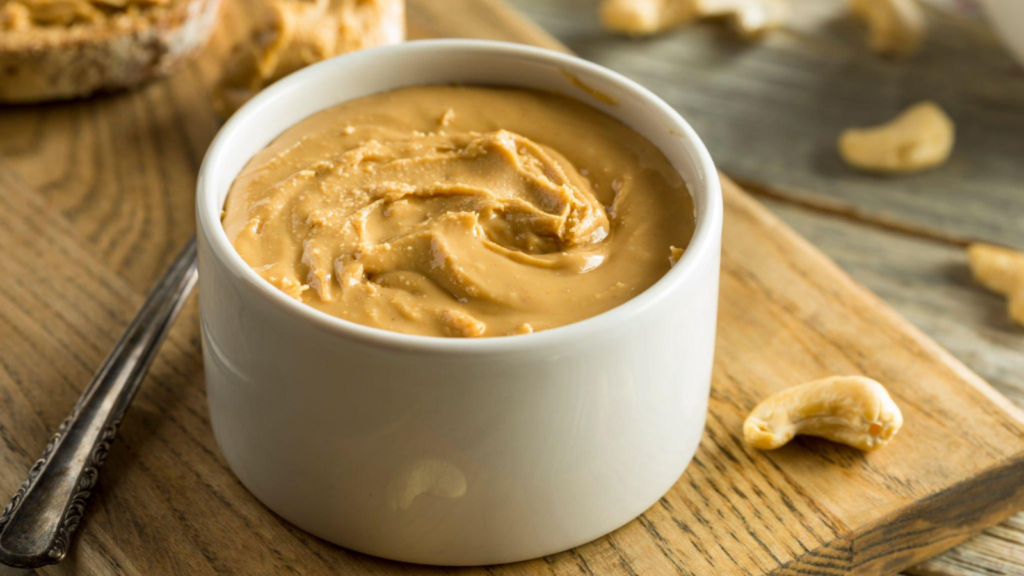In India, snacking is more than just a casual habit – it’s an integral part of our cultural fabric. From the savory delights of bhel puri to the sweet indulgence of gulab jamun, Indian snacks have a special place in our hearts and stomachs. However, as our lifestyles become increasingly sedentary and our waistlines expand, it’s time to rethink our snacking choices. Enter healthy Indian snacks – a delicious way to satisfy your cravings while nourishing your body.
The Rise of Healthy Snacking in India
In recent years, there has been a growing awareness about the importance of healthy eating in India. As lifestyle diseases like diabetes and heart problems become more prevalent, people are actively seeking out healthier alternatives to traditional snacks. This shift has led to the emergence of a new generation of healthy Indian snacks that cater to the needs of health-conscious consumers.
Benefits of Healthy Indian Snacks
Incorporating healthy Indian snacks into your diet can provide numerous benefits:
- Weight Management: Many traditional Indian snacks are high in calories, fat, and carbohydrates, which can contribute to weight gain. Healthy snacks, on the other hand, are designed to be low in calories and high in fiber and protein, helping you feel full and satisfied without packing on the pounds.
- Improved Digestion: Unhealthy snacks can often lead to bloating, indigestion, and other digestive issues. Healthy snacks made with whole, fiber-rich ingredients can promote better digestion and prevent these uncomfortable symptoms.
- Nutrient Density: Healthy Indian snacks are packed with essential vitamins, minerals, and antioxidants that support overall health. By choosing nutrient-dense snacks, you can ensure that your body is getting the nourishment it needs throughout the day.
- Reduced Risk of Chronic Diseases: A diet high in processed and fried foods can increase your risk of developing chronic conditions like heart disease, diabetes, and high blood pressure. Healthy snacks, on the other hand, can help lower these risks by providing a balanced source of nutrients.
Types of Healthy Indian Snacks
There are countless healthy Indian snack options to choose from, each with its own unique flavors and health benefits. Here are some popular choices:
- Roasted Chana: Roasted chickpeas are a traditional Indian snack that is easy to make at home. They are high in protein, fiber, and nutrients, and can help reduce inflammation, promote weight loss, and improve heart and digestive health.
- Popcorn: Popcorn is a whole grain that expands and puffs up when heated. It’s a low-calorie snack that can be enjoyed on its own or seasoned with spices for added flavor.
- Masala Peanuts: Masala peanuts are a well-known and popular healthy snack that is enjoyed by most Indian families. They are high in protein and can be made with a variety of spices and seasonings.
- Fruit Bars: Fruit bars are a healthy alternative to traditional snacks that are high in sugar and fat. They are made with real fruit and can provide a sweet and satisfying snack that is also nutritious.
- Dhokla: Dhokla is a traditional Indian snack that is steamed rather than fried. It is high in fiber and protein and can be enjoyed on its own or with various chutneys and toppings.
- Tortilla Chips: Tortilla chips are made from corn and are a healthier alternative to traditional potato chips. They are high in fiber and whole grains and can be enjoyed with salsa or guacamole.
- Protein Balls: Protein balls are a no-bake snack that is high in protein and can be made with a variety of flavors like chocolate, almonds, and more. They are a great option for gym-goers or anyone looking for a quick and healthy snack.
- Vegetable Salad: A mixed vegetable salad is a simple and healthy snack that is rich in nutrients and fiber. It can help with various health concerns like cholesterol control, preventing constipation, and anti-aging.
- Moong Dal Chaat: Moong dal chaat is a protein-rich snack that combines dal with vitamin-rich vegetables and fruits like carrots, raw mangoes, mint leaves, pomegranate, and coriander. It’s both delicious and healthy and takes just 15 minutes to make.
- Masala Corn: Masala corn is a popular street food in India that is high in fiber and low in saturated fat, sodium, and cholesterol. It’s a simple and healthy snack that can be enjoyed on its own or with various seasonings.
Making Healthy Swaps
If you’re a fan of traditional Indian snacks but want to make healthier choices, there are several ways to make simple swaps:
- Instead of fried snacks like bhel, chaat, chevdah, gathia, and chakri, opt for roasted or baked versions.
- Make your own sweet treats using less sugar. For example, instead of high-fat and sugar carrot halwa, make a healthier version at home.
- Bake your samosas or pakodas instead of deep frying them.
Portion Control
It’s important to remember that even healthy snacks should be consumed in moderation. Portion control is key to maintaining a balanced diet and preventing weight gain. Here are some tips for portion control:
- Be aware of your portion sizes and avoid having large portions of snacks.
- If you find certain snacks too tempting, keep them out of sight in the back of your pantry or fridge.
- Serve snacks in individual portions or on smaller plates to avoid overeating.
Conclusion
Healthy Indian snacks offer a delicious and nutritious way to satisfy your cravings while promoting better health. By incorporating a variety of healthy snacks into your diet and making simple swaps, you can enjoy the flavors you love while nourishing your body. Remember to practice portion control and choose snacks that are high in fiber, protein, and essential nutrients. With a little creativity and a commitment to healthy eating, you can enjoy the best of both worlds – the flavors of traditional Indian snacks and the benefits of a balanced diet.


